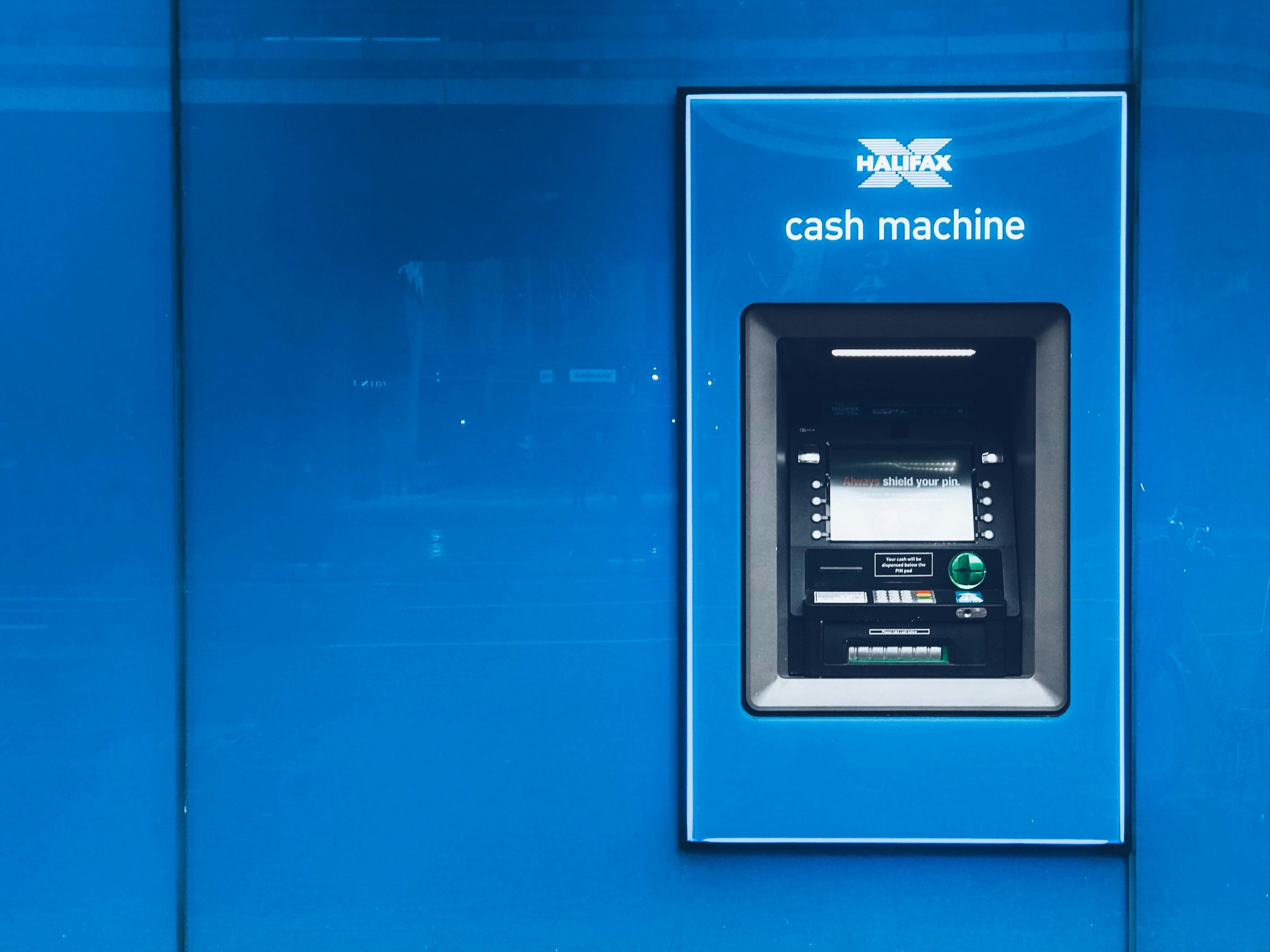Real estate investment can be a lucrative market to break into, though the chances of “making it big” in the industry can be a bit daunting at times. When you invest in real estate this involves purchasing, owning, managing, renting, and/or selling real estate for profit. Your ultimate goal is to produce rental income with tax-deferred profits and continue to build up equity or ownership of properties as prices appreciate in the housing market. Real estate investing appears to be a growing industry, as shown by the below statistics.
According to the United States Census Bureau, individual real estate investors account for approximately 74.4 percent of rental properties. There appear to be about 44 million renter-occupied homes in the United States, compared to the 75 million homes where homeowners reside. An average salary for most investors lies between $70,000 and $124,000. Though, this varies based on the type of investing you are doing, how many deals you take on per year, and the time you devote to real estate investing. If real estate investing is in your future, here are five tips from industry vets which you should follow.
1. Deal with maintenance issues before they become a problem.

As a property owner, you take on the responsibility of keeping your investment in the best shape possible. This requires that you keep up with home maintenance on a regular basis, to make sure that your property is performing at peak capacity. When you perform periodic maintenance of a location, you are ensuring that major problems are being tackled before they become a huge issue.
Try including a bi-annual walk through into your leasing agreements. This helps the renter of your property to point out things that they see which need to be handled in advance of potential issues cropping up.
If you don’t have expertise in home maintenance, then it’s best to hire someone to perform regular inspections, adjustments, cleaning, and replacements throughout your property. Your goal is to make sure that all of your major systems in the home are functioning properly, which will avoid you having to pay for expensive repairs later.
Some of the most common property maintenance issues which you’ll come across will include issues related to air conditioning, doors, toilets, sinks, bathtubs, drains, refrigerators, lights, showers, and garbage disposals. Many of these issues aren’t “do it yourself” jobs that can be taken on. As mentioned before, you’ll have to hire a licensed professional to handle the inspection and pre-maintenance of these areas before they become issues. For example, if you’re needing an A/C unit to be inspected, reach out to accredited specialists like directac123.com to search for any potential maintenance issues.
2. Find the right location.

A large part of real estate investment is choosing the correct location for potential properties. You don’t want to place a potential rental property in an area that is on the proverbial decline. Instead, you need to find those areas or those cities where the population is on the rise, and maybe even has a revitalization plan for future growth. You’re looking for areas that show some potential for longevity so that your investment can grow over time. Locating the correct neighborhoods is one of the key pieces of advice on how to get ahead in real estate.
When looking for attractive residential rental investment areas, consider a variety of factors. Look into an area with low property taxes, and a decent school district. Also, look for areas that offer people things to do. This can include such comforts as parks, malls, restaurants, and movie theaters. Finally, look for neighborhoods that have low crime rates, access to public transportation, and a growing job market.
These three last points are essential to finding the right location for your rental properties. A person will not want to put down roots in an area where they have to be concerned about their family’s safety each day. Secondly, since many people don’t have access to personal transportation, living in an area with dependable public transportation is a must. Lastly, if there aren’t many job opportunities in your investment area, your renters won’t be able to find the work they need to pay you for leasing your property.
For vacation investment rental opportunities, also consider the community, closeness to trendy locations, and way-of-life factors. If you’re shooting for investing in business rental locations, look into the area’s population factors, parking, and demographics.
3. Try renting a room first.
This is probably the most basic way of real estate investing, which can give some insight into what it means to invest in a piece of “property”. Consider renting a room in your home for an Airbnb style website. You aren’t having to commit to a long term lease with a potential tenant, allowing you to test the waters with what it might be like to rent to someone in the future.
By going this route you don’t have to worry about finding funding for investment opportunities. This is a cost-effective method that you can utilize to take a basic approach to real estate investing. Don’t worry about having to get dressed up in your best suits or dresses to apply for a real investment loan or any of the other complicated steps involved with real estate investing. You can relax and watch the money come in with potential visitors.
Another added plus with renting out your room is that prospective visitors to your room rental are pre-screened by the Airbnb style service, there’s less commitment in the relationship, and you are guaranteed protection from any damages your location might receive during the visit. You’re investing in your personal home space, which can bring you extra money in the long run.
4. Secure funding through down payments or investments.

As with anything in life, you’ll need money to help with a push into real estate investment. One way this can be done is by securing a downpayment. When you invest in real estate, this is often going to require a larger downpayment than say for properties that are owner-occupied. When you are looking at putting a down payment on potential investment property, you are going to need at least a 20 percent downpayment.
Mortgage insurance isn’t available for rental properties in most cases. The downpayment amount is going to be a bit higher than the average 3 percent you have to put towards a home where you currently live. Banks are usually the best sources to receive a downpayment through bank financing. More often than not, this can be received through a personal loan.
Another way of securing funding can be done through real estate investing platforms like Prosper, LendingClub, Fundraise, and RealtyMogul. With platforms such as these real estate developers are connected to investors who have a desire to finance projects. This can be done either through debt or through equity.
The hope of investors is that they will receive a monthly or quarterly distribution in exchange for facing a considerable amount of risk and paying a fee to the platform being used. As with a variety of real estate investments, these are speculative and illiquid. This means, that you can’t easily unload them the way you can trade a stock.
5. Select a property type.

Once you’ve gathered enough money to look into real estate investing, figure out what type of property you’ll want to sink your money into. You can begin by looking into purchasing a rental property, which can either be commercial or residential locations. Maybe go the route of becoming a landlord and renting out a home or apartment.
If investing in a residential property isn’t something which you’re interested in, also consider a commercial option. Before making your choice in property type answer these two questions: what are your plans for the property, and what are your ultimate goals.


